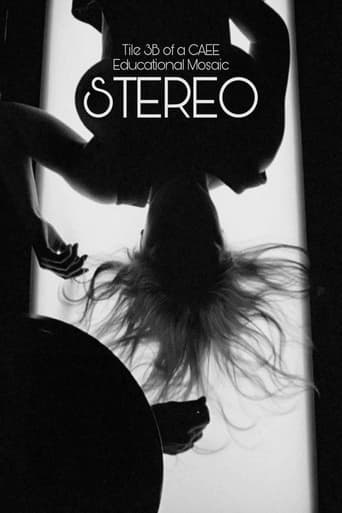


Stereo (Tile 3B of a CAEE Educational Mosaic)
Disguised as an educational film. Stereo purports to be a report on the "Canadian Academy of Erotic Inquiry's" experiments to induce telepathy in eight experimental subjects. It follows the effects of the experiment using the theoretical framework of the parapsychologist Luther Stringfellow. The film is virtually silent except for commentary by the experimenters.
-
- Cast:


Similar titles
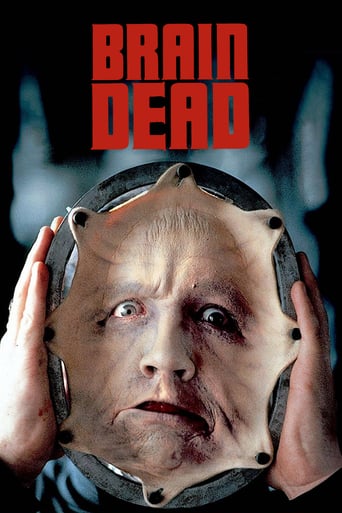

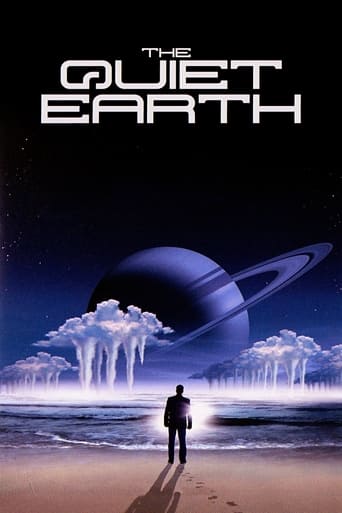
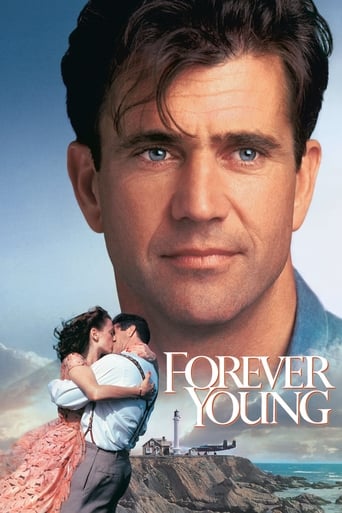
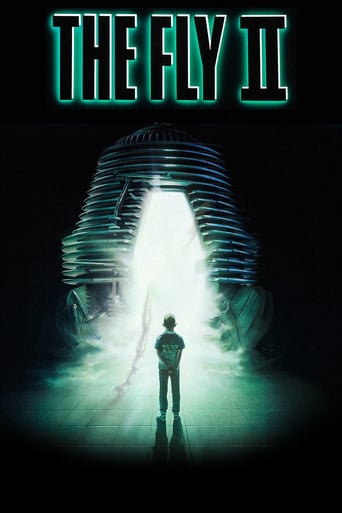

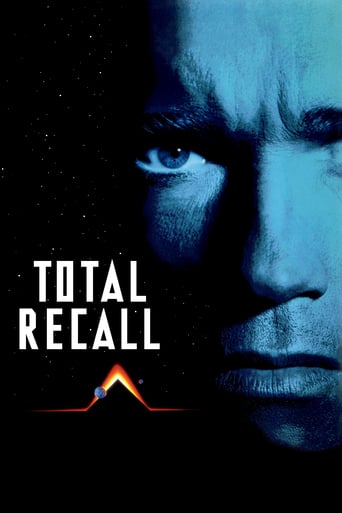
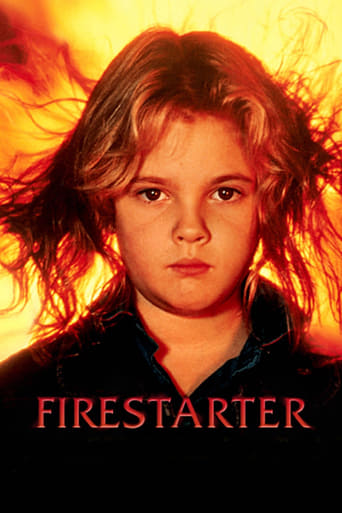
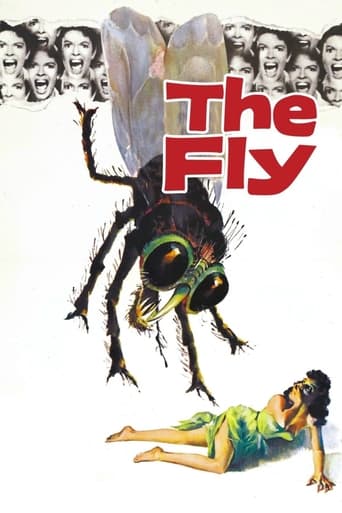
Reviews
I think this is a new genre that they're all sort of working their way through it and haven't got all the kinks worked out yet but it's a genre that works for me.
In truth, there is barely enough story here to make a film.
The film may be flawed, but its message is not.
Great movie. Not sure what people expected but I found it highly entertaining.
(Due to IMDb word limits, Part 1 of this essay can be found in my review of "Eastern Promises") Even when Viggo enters the low tech world of the East, he is astoundingly high tech. In a world of knives, Viggo is a cyborg, our post "Existenz" society already producing biotechnological entities. Think the film's cunning ending: Naomi Watts - already identified as a butch lesbian by David Lynch - becomes not the simulation of heterosexual domesticity seen at the end of "A History of Violence", but a husband-less, (she lives with uncle, mother and child) poster-girl for the androgynous, fragmented future of digital capitalism.By inter-cutting Naomi's goofy simulacrum with a scene of Viggo sitting mournfully at a table, the following question arises: at what price does Viggo establish his neutral status? Does he lose humanity in the process? Is this loss negative? The film's ending, in which Viggo is revealed to be both criminal and cop, good and evil, but neither gangster nor cop, neither good nor evil, suggests a profound loss of humanity. Motionless and seemingly on the verge of tears, Viggo now resembles Verhoeven's "Robocop", reminiscing about what it once was like to be human. In other words, in accepting his neutral status, Viggo removes himself from Naomi, resulting in a kind of further androgynous disassociation. By living in the network society of the West, you're already atomised and mechanised. When you buy cola from the dispenser, you're servicing the Machine, you are its corporeal extension, just as Viggo is now the limb of two warring, nationalist machines. Between one socio-technological agency dominating the other, between DNA programming and competing sociocultural and economic structures that build on this biological instinctive substrate, the film says, there's no place for human subjective agency. As Viggo mourns, "I am neither alive nor dead. I've been living in the zone since I was fifteen." In a scene in which rival football hooligans macho-stomp through a cemetery, we sense the film's repressed xenophobia and nationalist passions. What "Eastern Promises" promises is a new Cold War: America and the Eastern World in civilisational clinch, in which the West will righteously and bravely undergo a little barbarism, a little queerness, in order to protect its children. And propping up this noble fantasy will be a legion of little Viggo's, socially and psychologically fragmented but better off than the dirty few who are seduced by the false promises of the West only to end up as property at best, dead or sex workers at worst.What Cronenberg unintentionally captures is the shift away from Michel Foucault's "disciplinary society" (the film's East) and towards a new sort of social formation, which Gilles Deleuze calls the "control society" (the film's West). Whilst the "disciplinary society" operates by organising major sites of confinement (family, school, hospital, factory, prison etc) in which individuals are always going from one closed site to another, each with its own laws etc, the "control society" breaks down all sites of confinement such that ultra rapid forms of apparently free-floating control take over.The differences between these two forms of social organisation, between Viggo and the film's Mafia Chief, are numerous. Where the disciplinary society was analogical, the control society is digital. Where the disciplinary society was traditional and focused on stability, the control society stresses movement, fragmentation and capital. Where the disciplinary society is closed, traditional and hierarchical, the control society is open, fluid, schizophrenic and rhizomatic. Where the disciplinary society applied rigid molds as forms of confinement, the control society is always in a state of flux, always destroying and rebuilding. Likewise, while the disciplinary society molds the individuality of each person, the control society addresses us instead as what Deleuze calls "dividuals", identities constantly multiplied, decomposed and recomposed on various levels (medical records, credit cards, internet, email, passwords replacing signatures, each identity used for different purposes etc).This is best seen in the way the film's Mafia Chief mourns the way London "infects his macho son", "breaks him down" and "rebuilds him queer" and the way the Mafia relies on codes, tattoos and rituals to "rigidly build" its own people. In contrast, Viggo not only belongs to the control society, but has mastered it absolutely. He is able to ride the flux, precisely because he's supremely disassociated; alienated from mind and body.Everyone is subject to the master signifier. To stay alive in the game one has to renounce a measure of pleasure and power; to be castrated, whether male or female. So though "Promises" start out with the feminization motif - the knife slice, the bleeding vagina, the whorification of Viggo, the queering of the son – it, along with Cronenberg's entire filmography, gradually moves to outright impotence. The son is a voyeur, can only watch, can't do anything for himself, can't even kill a baby, while the mother (Naomi Watts) is barren and Viggo has been neutered by the Big Other, his body inscribed with tattoos which attest to a false history, false "tags" of ownership etc. Supremely divided, Watts and Viggo are the new "sucessful" mother and father, "parenting" a child that doesn't belong to them, without being married, living worlds apart, without even knowing one another. In this way castration is redefined in terms of territorialization. Territory is incessantly "deterritorialized" by the unspoken logic of global capitalism, everything is broken down and fragmented, but always allowing for the free flow of desires toward creation/procreation and production/reproduction, which we see in the last scene. The family is nobly destroyed, and what remains is only enough to keep it productive.9/10 – Though one of Cronenberg's best, "Promises" is too tightly packed, lacking any critical distance or space for a Western audience (whom the film primarily critiques) to reflect properly on its fantasies.(For Part 3 of my Cronenberg quest, see my review of Cronenberg's "Crash")
I won't lie and tell you that this is a gripping short film. Being a devoted Cronenberg fan, it's hard for me to comment objectively on anything he's made. But on this film I believe I can.It's very obviously a student film, and while there is an interesting visual style being cultivated here, nothing is developed or matured enough to constitute much praise--from the script to the "acting" to the cinematography. While none of these aspects are bad, they aren't particularly noteworthy either.What it boils down to is that this short is an indulgent piece for Cronenberg. There is no dialogue and very little action (and by action I don't mean gunfights or car chases or even horrific venereal sequences). It's a cold, calculating, scientific investigation of god-knows-what. Something Cronenberg had on his mind, I suppose. Granted, the script is an extended metaphor and has some nuances that I'm sure are very clever, and in that regard it's interesting to consider what is being said in the voice-over that drives the film, but it is not near as effective as, for example, his wrath-children in The Brood or the reality-blurring Videodrome, etc. I could go on, but you get the idea.Still, for my money I don't regret the purchase. If you're a Cronenberg fan, you'll want to check this out and have it in your collection. At this point in his career he simply didn't have the writing ability to expand upon his ideas to create interesting situations or plots; but it's still the Cronenberg we know and love. His visual style is definitely present here, and there are some breathtaking shots and beautiful cinematography at points.
Unfortunately, this film is not a great Cronenberg. One can understand that he was only at his beginning and that he had a budget limited to make this film, but they are not the means only I criticize but rather the weakness of the scenario. One has the impression that it occurs nothing in this film. A long walk in corridors, a narration which leaves us on our appetite and not really of dialogs. Me, in what relates to me, I fought of all my forces not to fall asleep during the projection, which however, lasts only one hour. It will be understood that Cronenberg will have had all the time to make better films during following years.
"Stereo" is an underrated early Cronenberg movie. People tend to find it inaccessible on the grounds that it is 'boring', or due to its quasi-intellectual voice-over soundtrack (which was applied since Cronenberg did not have enough money to spend on soundtrack film) or 'incomprehensible' plot. The voice-over naturally enhances the feeling of "verfremdung", which can be argued as being for the good of the final result.The topic of a Canadian Academy for Erotic Inquiry is an extremely difficult one to pull off. The way it's made, however, with its austere milieu, its quasi-academic speaker voice and the contrasts between the harsh milieu and the characters' pursuit of the topic of the 'plot' makes it a rather good film its sparse conditions for creation considered, all the more if one is into austere films rather than bombastic ones. Hopefully some 'madwoman' or 'madman' will release a few copies of this movie on dvd, someday.

